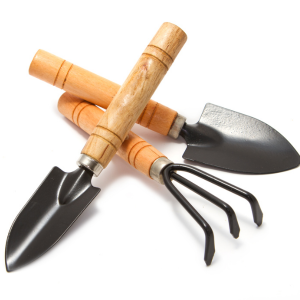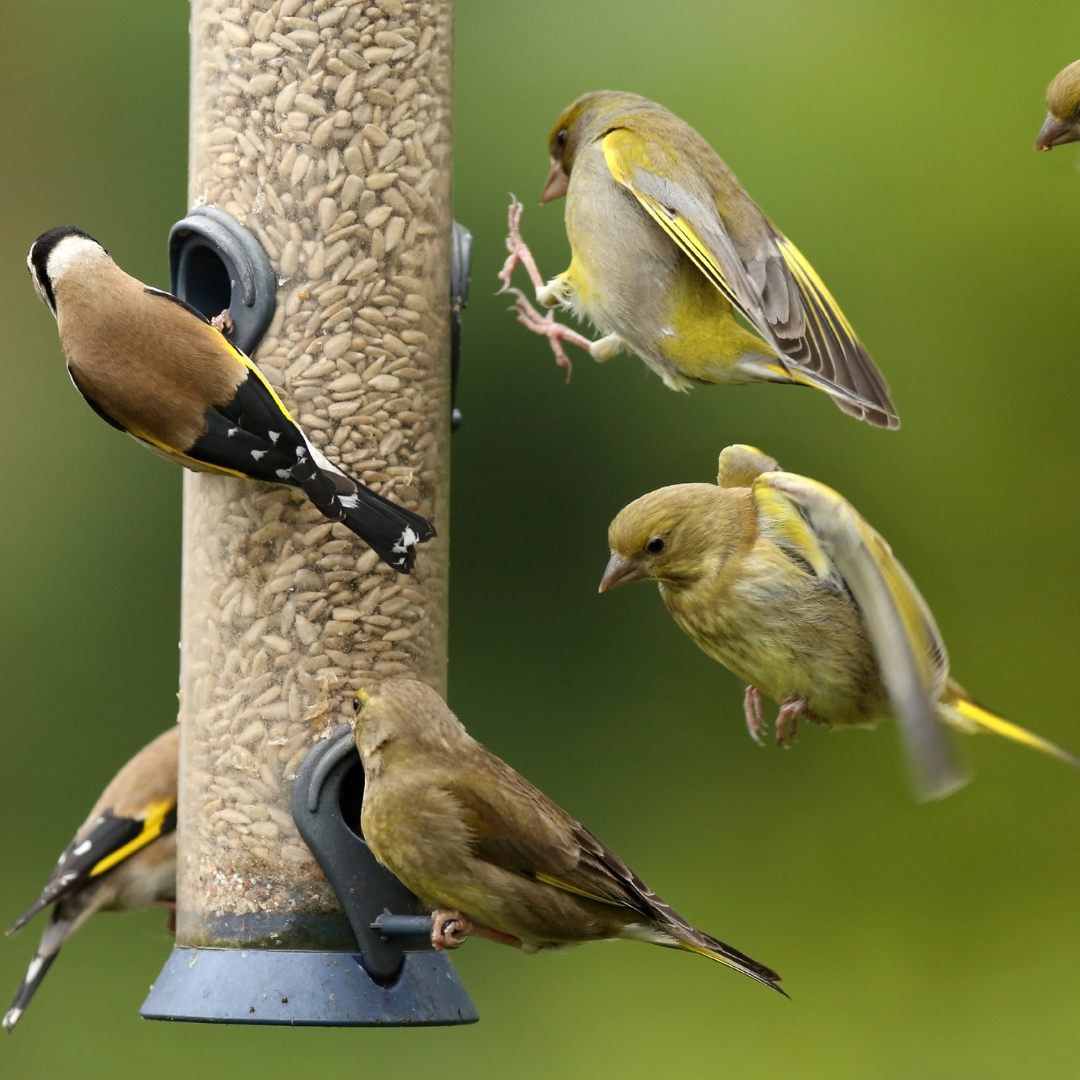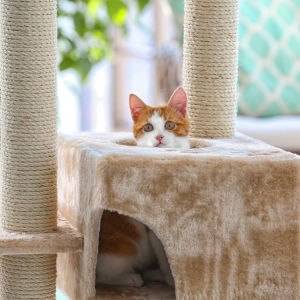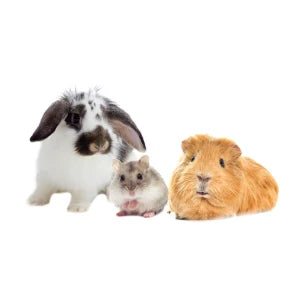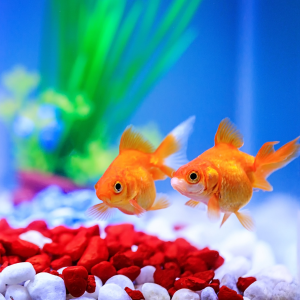Aloe Vera Care
Aloe Vera is a sun-loving succulent known for its thick, spiky leaves filled with soothing gel.
Easy to grow and great for sunny spots, it doubles as a natural skin remedy.
This drought-tolerant plant is perfect for beginners looking for a stylish, low-maintenance addition to their home or workspace.

Light
Needs bright, direct or strong indirect light. Best near south- or west-facing windows. Too little light can cause leggy, weak growth.

Watering
Water deeply, but infrequently. Let soil dry completely between waterings. Water every 2–3 weeks; less in winter.

Humidity
Thrives in dry environments. No added humidity needed.

Temperature
Ideal range: 60–85°F (15–29°C). Bring indoors if temps drop below 50°F.

Soil
Requires fast-draining cactus/succulent soil. Use pots with drainage holes.

Fertilizing
Feed sparingly—once in spring and again in summer. Use diluted succulent or cactus fertilizer.

Repotting
Every 2–3 years or when rootbound. Repot in spring or early summer.

Pruning & Cleaning
Remove dead or damaged leaves at base.
Clean dust from leaves gently with a soft cloth.

Pet Safety
Toxic to cats and dogs if ingested.
Can cause vomiting, lethargy, or diarrhea.

Common Problems
Mushy or yellow leaves = overwatering. Leaf tips turning brown = underwatering or sunburn. Pale leaves = not enough light.

Common Pests
Watch out for mealybugs, scale, and aphids.

Fun Fact
Aloe gel has been used for centuries to treat burns, scrapes, and skin irritations! Be sure to drain leaves of aloin for 10 minutes before use.




